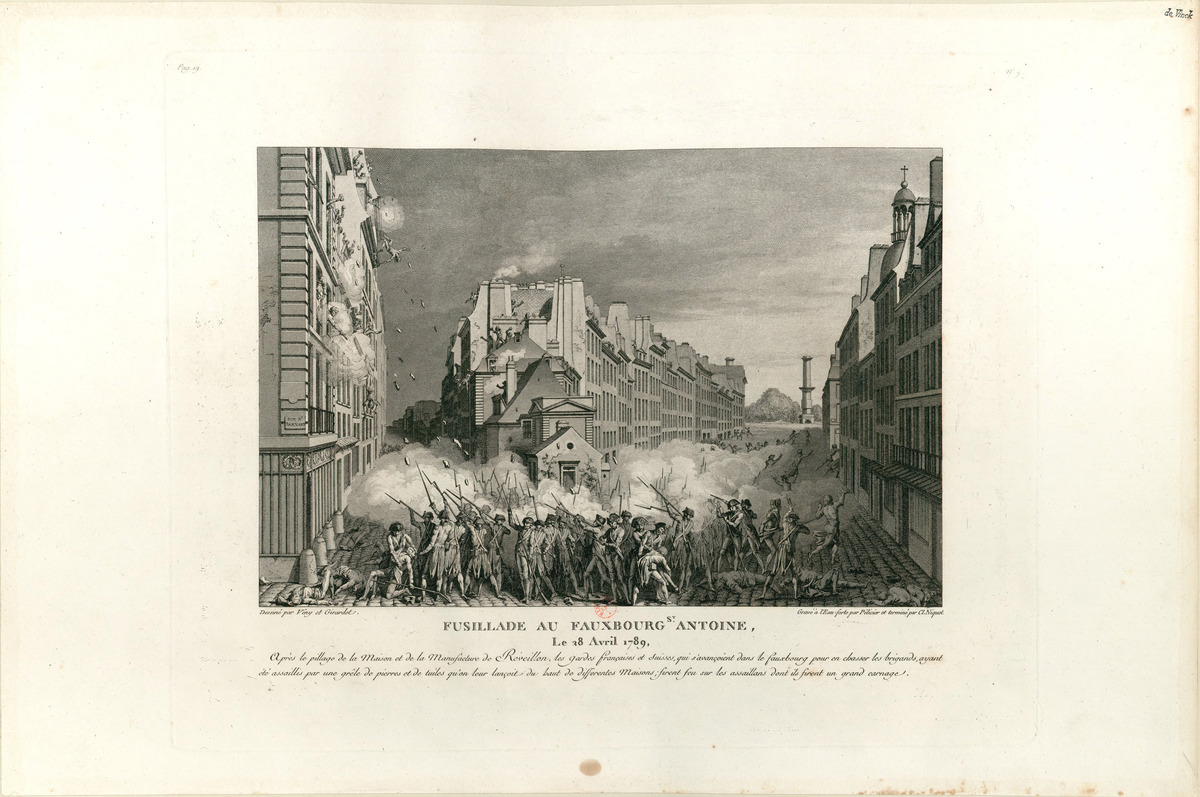Robert E. Lee's Bloody Victory at Gettysburg: A Fictional Account with European Intervention
It was the summer of 1863, and the Civil War had been raging for two long years. The Confederate army, led by General Robert E. Lee, had been making steady gains in the East, but they had yet to score a decisive victory that might bring the war to a close. Lee knew that he needed a victory on Northern soil if he wanted to force the Union to sue for peace.
That was why Lee had chosen the small town of Gettysburg, Pennsylvania, as the site of his latest campaign. He had heard that the Union army, led by General George Meade, was gathering there, and he knew that if he could defeat them, he might be able to turn the tide of the war in the Confederacy's favor.
But Lee had a secret weapon that he was counting on to help him win the battle of Gettysburg: the armies of Britain, France, and Spain. For months, Lee had been secretly negotiating with European diplomats, promising them a share of the spoils of war if they would send troops to fight alongside the Confederacy.
At first, the European powers had been hesitant to get involved in the American conflict. They were wary of angering the Union, which was a major trading partner and a powerful military force in its own right. But Lee had been persuasive, and he had convinced them that victory was within reach if they joined forces with the Confederacy.
So it was that on the morning of July 1st, 1863, as the Union army marched into Gettysburg, they found themselves facing not only the Confederacy, but also the armies of Britain, France, and Spain.
The Union soldiers were stunned. They had never expected to face such a formidable enemy, and they were quickly overwhelmed by the sheer number of troops arrayed against them. The battle raged on for three long days, with neither side gaining a clear advantage.
But then, on the afternoon of July 3rd, as the Union army made a desperate push to break through the Confederate lines, Lee gave the order for his secret weapon to be unleashed. From the hills overlooking the battlefield, British, French, and Spanish soldiers poured down onto the Union troops below.
The Union soldiers were caught completely off guard. They had never expected to face such a powerful coalition, and they were quickly routed. The battle of Gettysburg was over, and the Confederacy had emerged victorious.
But the victory came at a steep price. The European powers had fulfilled their part of the bargain, and they were now demanding their share of the spoils of war. Lee was forced to cede significant portions of Confederate territory to Britain, France, and Spain, and the Confederacy was left weaker than ever before.
In the end, the victory at Gettysburg proved to be a Pyrrhic one for the Confederacy. They had won the battle, but they had lost the war. The European powers had taken what they wanted, and the Confederacy was left to pick up the pieces and try to rebuild.
But for Robert E. Lee, the memory of his bloody victory at Gettysburg would haunt him for the rest of his days. He had achieved his greatest triumph, but at a terrible cost. And he knew that the Confederacy would never be the same again.

原文地址: https://www.cveoy.top/t/topic/lFld 著作权归作者所有。请勿转载和采集!